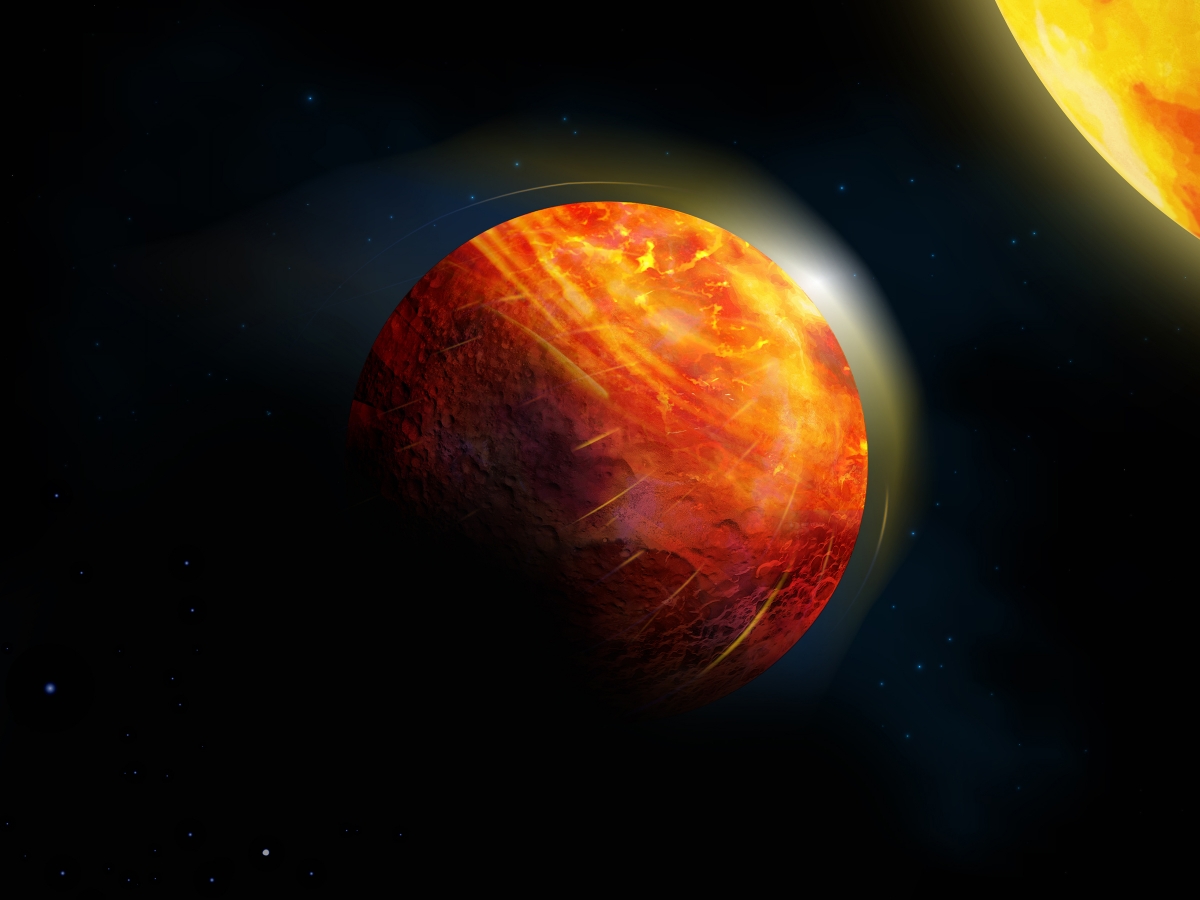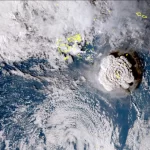
This Ridiculously Hot Exoplanet Rains Rocks
At the depths of the universe, there are planets that can almost be understood by us. Some wildest exoplanets but found must be a planetic class called Ultra-Hot Jupiters, which is a gas giant similar to the composition and its size with Jupiter but is much hotter. Now, two new studies that use data from the Hubble Space Telescope have seen what the weather is on this extreme planet, and even more strange than you imagine.
A layer of metal in the atmosphere
The first planet was studied, WASP-178B, located at a distance of around 1,300 light years and is what is called locked, the meaning of one side of the planet always faces stars and the other side is always facing space. So one side becomes much hotter than others, causing a super storm that whipped the planet with more than 2,000 miles per hour. The side facing stars becomes very hot so there are no clouds that can form in the sky, but there is silicon monoxide in the form of gas in the atmosphere. However, when the silicon monoxide is blown to a cooler side, it can condense into rocks that fall like rain.
Other latest papers see a different super hot planet, kelt-20b, which is relatively closer because it is located about 400 light years. Strange things are happening here too, because the planet is bombarded by ultraviolet light from the star that heats the metal in the atmosphere so they have formed a different thermal layer.
Strange observations like that look counter-intuitive but can tell us about various environments that we can find in different exoplanets, according to David Sing, other co-authors from one of the studies.
“We still don’t have a good understanding of the weather in a different planet,” said Sing. “When you see the earth, all of our weather predictions are still set smoothly for what we can measure. But when you go to the far exoplanet, you have a limited predictive power because you haven’t built a general theory about how everything is in the atmosphere together and respond to extreme conditions. Even though you know basic chemistry and physics, you don’t know how it will manifest in a complex way. “







